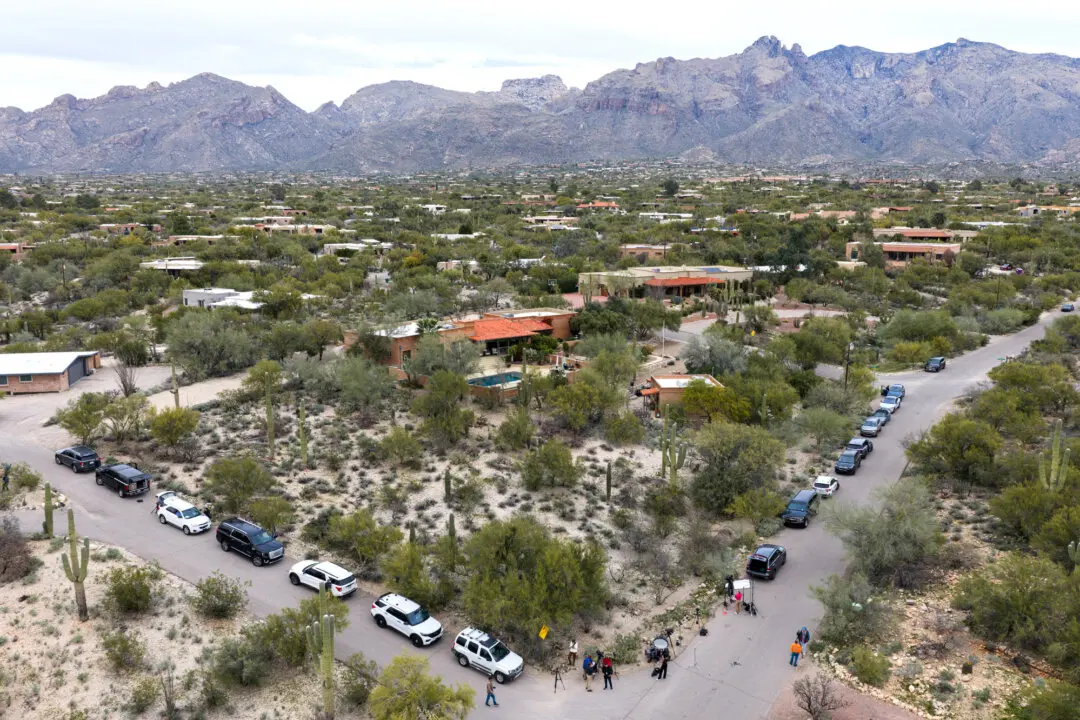New York Attorney General Letitia James has taken initial steps in New York’s Westchester County to prepare to seize former President Donald Trump’s properties after a state judge ordered him to pay a $455 million fine in a civil fraud case.
Several judgments were entered by Ms. James, a Democrat, with the Westchester County Clerk’s Office against the former president and his sons, Donald Trump Jr. and Eric Trump, on March 6. The three judgments filed in the county by the attorney general against President Trump amounted to $243,326,767.10, $20,421,141.98, and $63,580,273.97.





